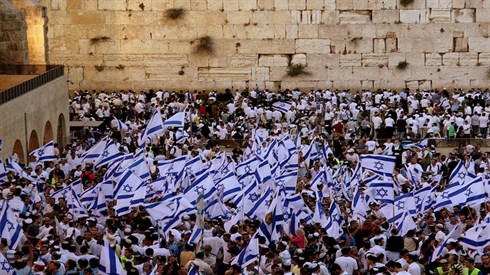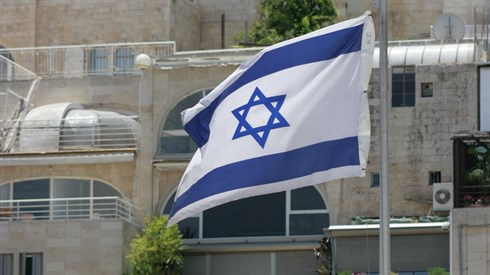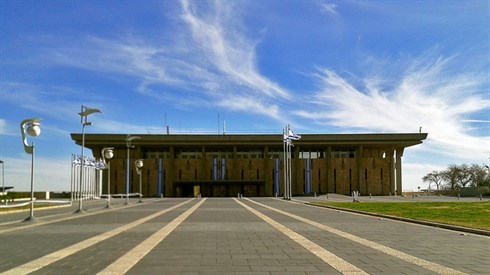Ask the Rabbi
YeshivaThe torah world Gateway
Join now to watch your latest lessons and questions and continue watching series' of lessons right from the time you left them.
Login >
Join now to watch your latest lessons and questions and continue watching series' of lessons right from the time you left them.






















